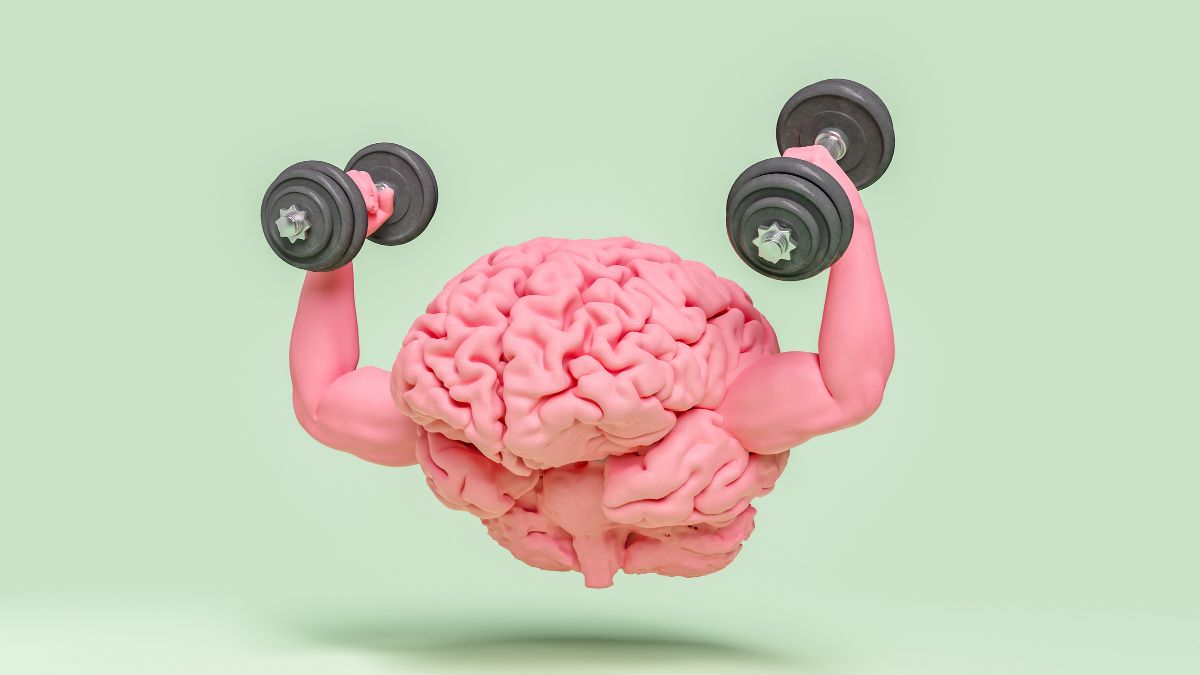
Training Psychology
Training Psychology – In the previous couple of weeks, we discussed the importance of setting up realistic and progressive goals and the importance of understanding our muscular system. This week we continue this 5 part series with a discussion on the role psychology plays.
According to a number of consumer surveys, 80% of the new Joiners drop out within the first 8 weeks of joining the gym. It is important to understand the reasons why so many of us drop out so early in our training psychology schedule.
Table of Contents
Keep Your Motivational Factors Positive

In training psychology, it is very important that your motivation be positive i.e. one should want to succeed, rather than harbor the negative aspect like the fear of failure. That is why it’s very important to set realistic goals, firmly based on your current potential.
Types of Motivations
Motivation can be broadly categorized in psychological terms into extrinsic and intrinsic. Extrinsic motivation comes from external factors such as input from the coach or a training partner. Intrinsic motivation comes from within the individual, For Example, the drive to succeed from within or move from machines to free weights. Out of the two, intrinsic motivation is important as it will keep you going in the long run even through those rough patches where gains slow down.
Is It Possible to Have Too High a Motivation?

Absolutely, it’s entirely possible to lose sight of the best laid-out plans or strategy if you want it too much. For example, you might be tempted to shorten or forgo the rest/recovery period, this could lead to overtraining. This would of course be a mistake as training, rest and nutrition are all equally important parts of any training schedule.
How About Not Wanting It Enough?
Just as it’s possible to want something too much it’s also possible (actually more likely) to not want something enough. Many people drop out because the quick gains that they made, to begin with, have slowed down considerably. To avoid this scenario it’s of utmost importance to set realistic goals.
Constructive goal setting: SMARTER goal setting works from the office to your gym.
- Motivation through a trainer.
- Motivation from a training partner.
- Personality Factors: Extroverts tend to respond to extrinsic factors more whereas an introvert would respond better to intrinsic factors.















